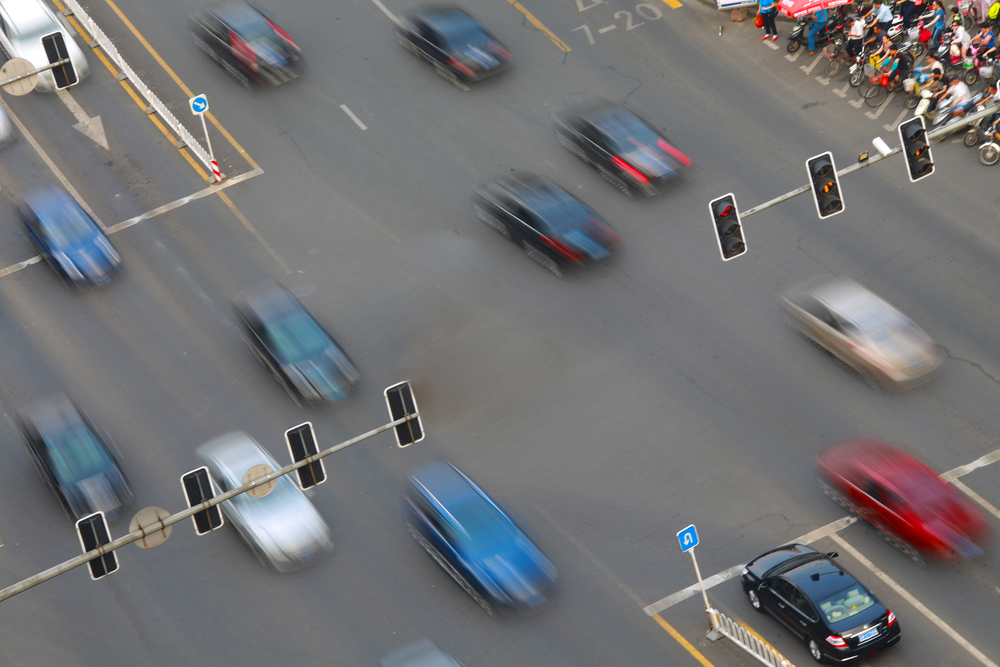Technology enthusiasts have been preaching about the benefits of self-driving cars for some time now. A new study goes to show autonomous vehicles can address one of the biggest issues our society faces: traffic congestion. Even just a few autonomous vehicles on the road can alleviate these problems by quite a margin. A rather interesting study that deserves a closer look.
Autonomous Vehicles Improve Traffic Flow
There are still quite a lot of uncertainties regarding the benefits of self-driving cars. That is only to be expected, as the technology is still in the somewhat early stages of research & development right now. However, a new study claims injecting a few autonomous vehicles in the everyday traffic flow can drastically improve things. The stop-and-go driving, which is a part of human nature, would be eliminated.
Assuming five percent of all vehicles would be automated, the stop-and-go waves caused by human drivers will become a thing of the past. As a result, this should reduce the risk of accidents and fuel inefficiency. Not to mention how it would create a more pleasant driving experience for everyone on the road as well. Do keep in mind this will only work if said cars are controlled carefully.
Scientists and engineers feel the introduction of autonomous vehicles to regulate traffic flow is the next logical step for our society. Moreover, self-driving vehicles would overcome any issues regarding variable speed limits and whether or not drivers adhere to these guidelines. Plus, it would give the driver ample time to do something productive in the meantime, rather than get frustrated by people driving around them. It is quite an intriguing concept, assuming it works as expected.
The study by Engineering at Illinois points out how we need a deeper understanding of the dynamic between human drivers and autonomous vehicles. To properly gain credible test results, they insert one autonomous vehicle among a team of 20 or more human drivers. Regardless of bottlenecks, speed limits, or lane changes, human drivers tend to resort to stop-and-go-driving, which creates a lot of problems. However, with the autonomous car in their midsts, traffic become a lot smoother.
On the fuel consumption front, introducing more autonomous cars could make a difference of up to 40%. That is quite a steep number and one that may not sit well with oil companies and the government. If people use fuel more frequently, they spend less money – and taxes – on gasoline. This could become a financial problem for any government in the future, although it’s best to tackle this problem only when and if it manifests itself.
Although this study is quite interesting, it will not bring us much closer to a future where fully autonomous vehicles will become commonplace. Nor is that the goal of this study, as it shows the world only needs a few of these vehicles to make a difference. However, a lot of research and development needs to be conducted before this test can be translated into real-life results. The human response to autonomous vehicles on the open road is still a mystery, and experiments will only provide so much unexpected data.
If you liked this article, follow us on Twitter @themerklenews and make sure to subscribe to our newsletter to receive the latest bitcoin, cryptocurrency, and technology news.

